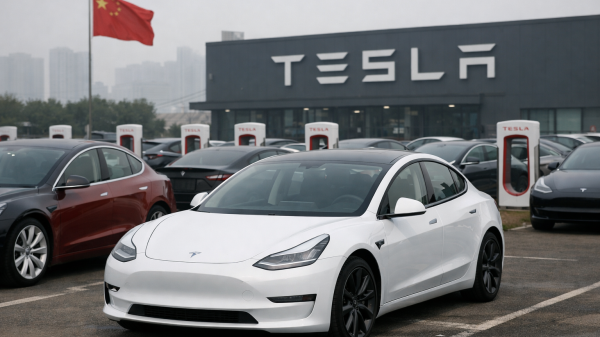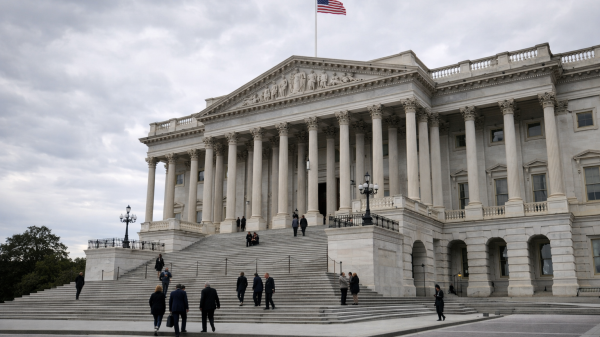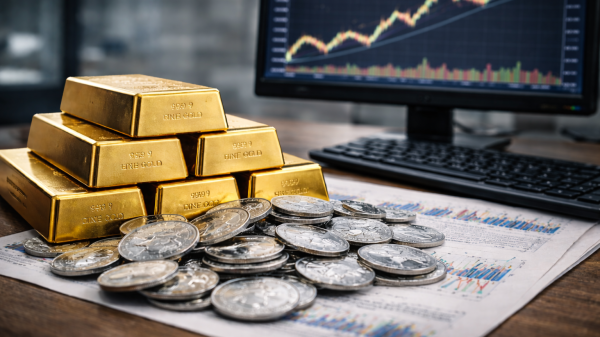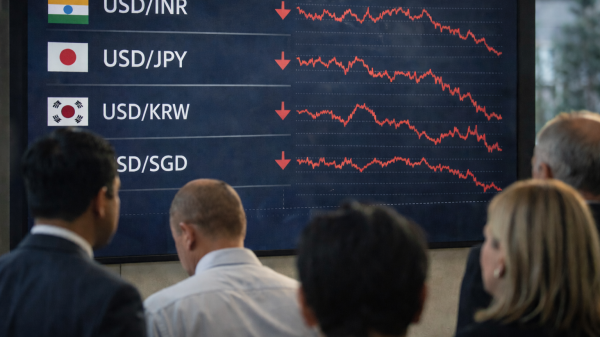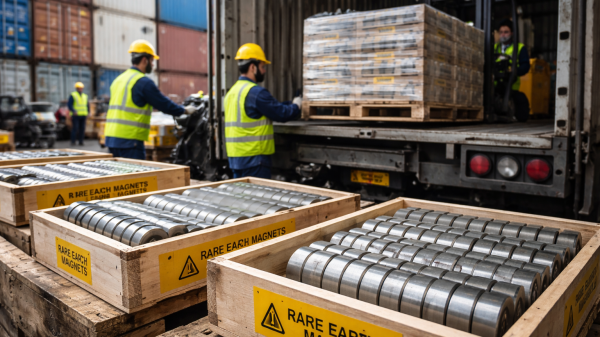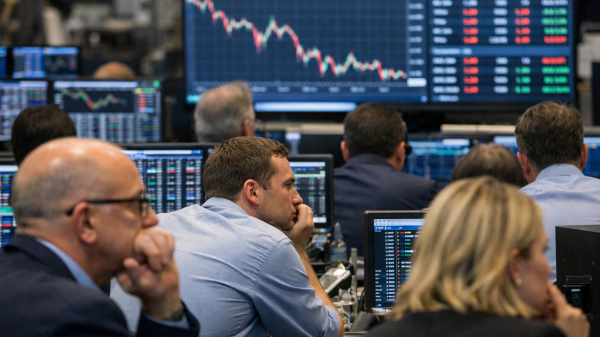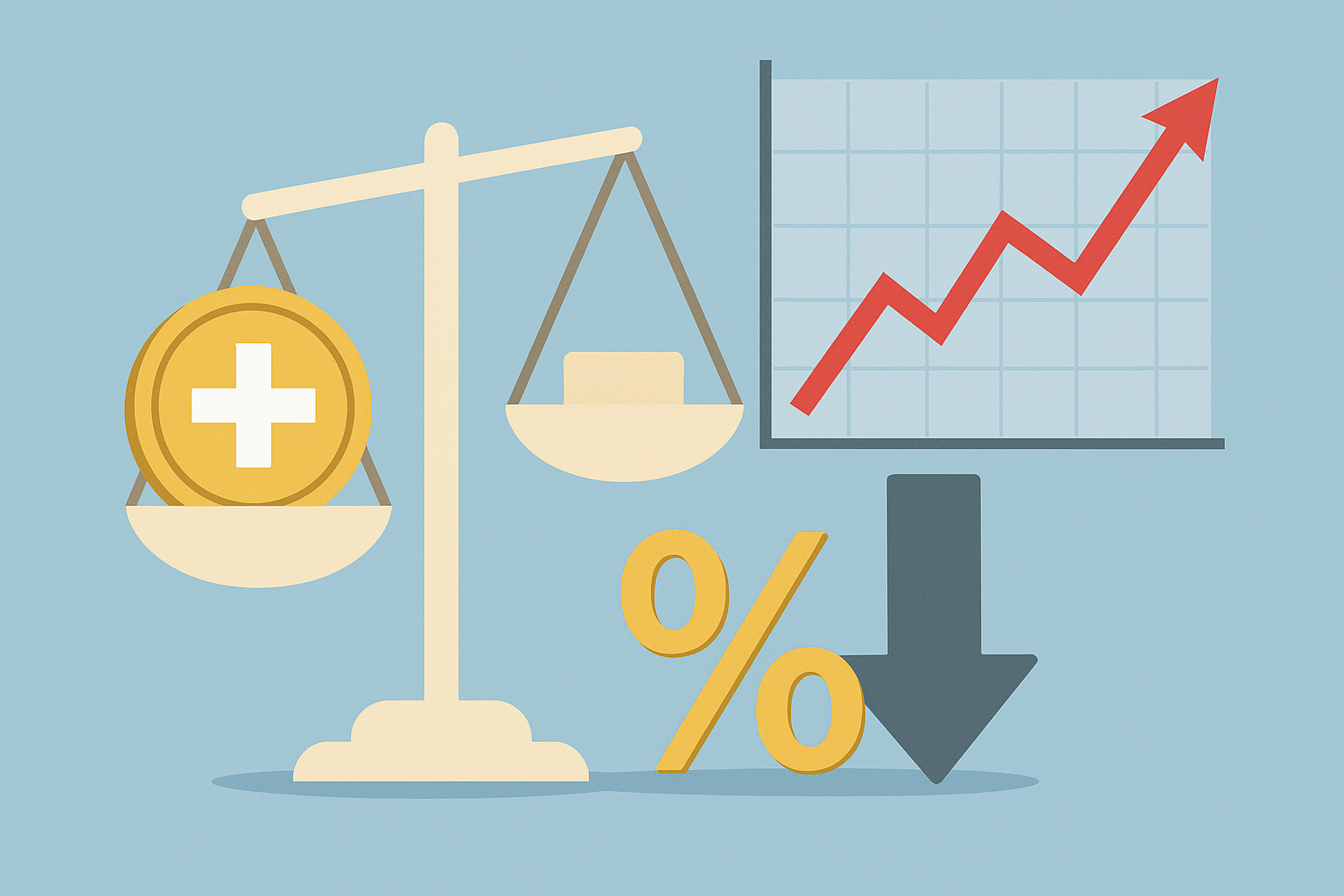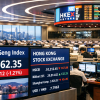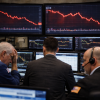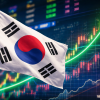The Swiss National Bank (SNB) is once again in focus as it considers whether to revive its negative interest rate stance, a policy tool it last used three years ago.
While officials have repeatedly said they remain ready to cut borrowing costs below zero if needed, most economists expect the central bank to hold steady this week.
The decision comes at a time when inflation in Switzerland, though modest, is rising and currency strength is placing pressure on exporters. The franc recently reached a decade-high against the dollar and remains near a peak against the euro.
Pressure from currency strength
The SNB’s main challenge lies in the value of the franc. A stronger franc reduces import prices, keeping inflation low, but it also hurts exporters struggling against global trade headwinds.
US President Donald Trump’s tariffs of 39% on imports have added to the difficulties, marking the highest rate imposed on any advanced economy.
For the SNB, containing the franc is essential to supporting trade competitiveness, though cutting rates risks damaging the financial system.
The element of surprise has often been part of the SNB’s strategy.
A July analysis by Morgan Stanley found the Swiss central bank holds the fewest meetings among major peers, yet diverges from market expectations more frequently when it does act.
Economists suggest that the shock factor from a sudden move could amplify the impact on the franc, if policymakers choose to act this week.
Diverging global policy paths
The international backdrop adds another layer of complexity. The US Federal Reserve delivered its first rate cut since Trump’s return to office earlier this month, and Sweden’s Riksbank followed with a reduction this week.
The SNB may feel pressure to align with these peers to avoid further strengthening of the franc.
Pantheon Macroeconomics noted that lower electricity bills and the effect of US tariffs could weigh on inflation in coming quarters, creating more reasons to consider a cut.
However, only a small minority of forecasters are betting on an immediate move. Goldman Sachs, which until last week saw a cut as likely, has now shifted its view, calling an end to the easing cycle.
Futures markets also suggest investors are not preparing for an imminent reduction. While Bloomberg reports not to expect any change this week, about a quarter anticipate a cut in December, when the impact of tariffs may be clearer.
Domestic conditions remain stable
Within Switzerland, inflation is still subdued at 0.2%, but that is already faster than the SNB’s earlier forecast.
Price growth has remained in positive territory for three consecutive months, breaking the pattern of negative readings that appeared briefly in May.
Wages are forecast to increase above average, while rent reductions linked to falling mortgage benchmarks could act as a counterbalance.
Economic growth has also been resilient despite external shocks. For this reason, many analysts argue that the SNB has room to wait before reintroducing subzero rates.
While policymakers acknowledge that such measures are available, they have also highlighted their drawbacks for banks and investors.
The current approach appears to be one of using interventions selectively, with the SNB focusing on curbing extreme franc appreciation rather than resisting every market movement.
This reflects a strategy of conserving limited policy tools while maintaining flexibility.
New communication tool for investors
The SNB will also trial a new form of communication. Four weeks after its decision, the bank will publish a summary of the arguments policymakers debated, similar to minutes released by other central banks.
This is the first time Switzerland will provide such transparency, although some observers caution that the document may simply expand on press statements rather than reveal new insights.
Economists believe this added detail could help investors better understand the bank’s reasoning, though the ultimate usefulness of the release remains to be tested.
Looking ahead, the SNB’s stance will be shaped by trade tensions and inflation trends.
Government efforts to reach an agreement with Washington over tariffs may ease pressure on exports, but the central bank will continue to weigh global shifts against domestic stability before acting.
The post Swiss National Bank weighs return to negative rates amid rising inflation appeared first on Invezz







